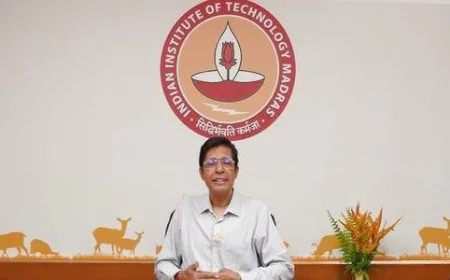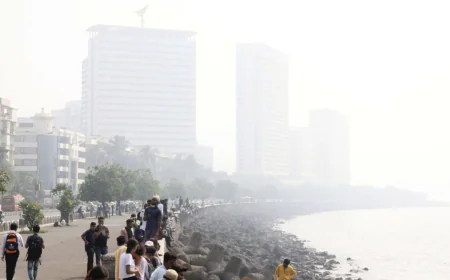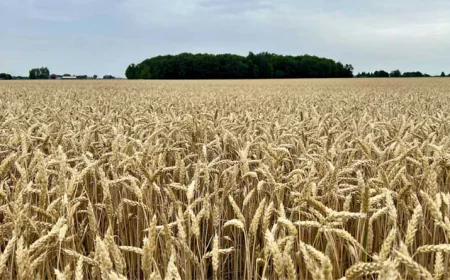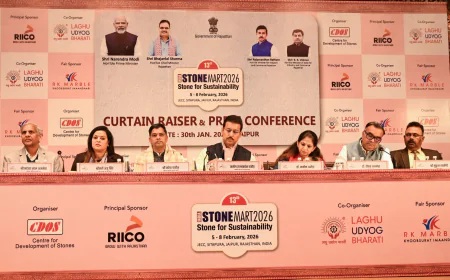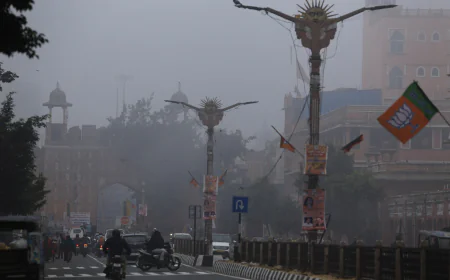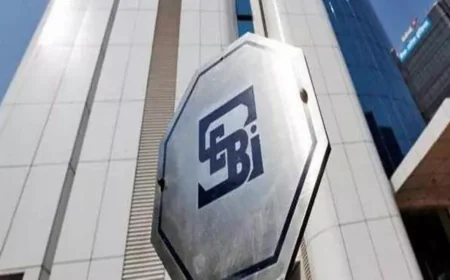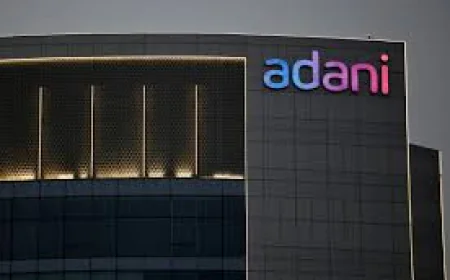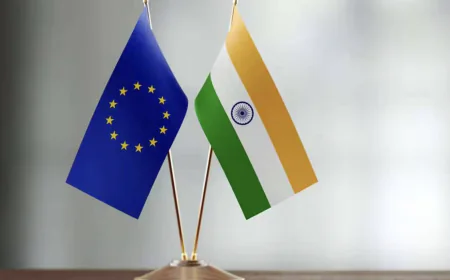Congress Demands Early Release of Discussion Paper on GST 2.0 After PM Modi’s Diwali Tax-Cut Announcement
GST 2.0: On the occasion of August 15, PM Modi has announced that GST rates will be reduced by Diwali this year. This will also reduce the prices of everyday use items. PM Modi said that the government wants to reform the eight-year-old system plagued by litigation and tax evasion. The main opposition party Congress has given its opinion on this. Let us know about this in detail.
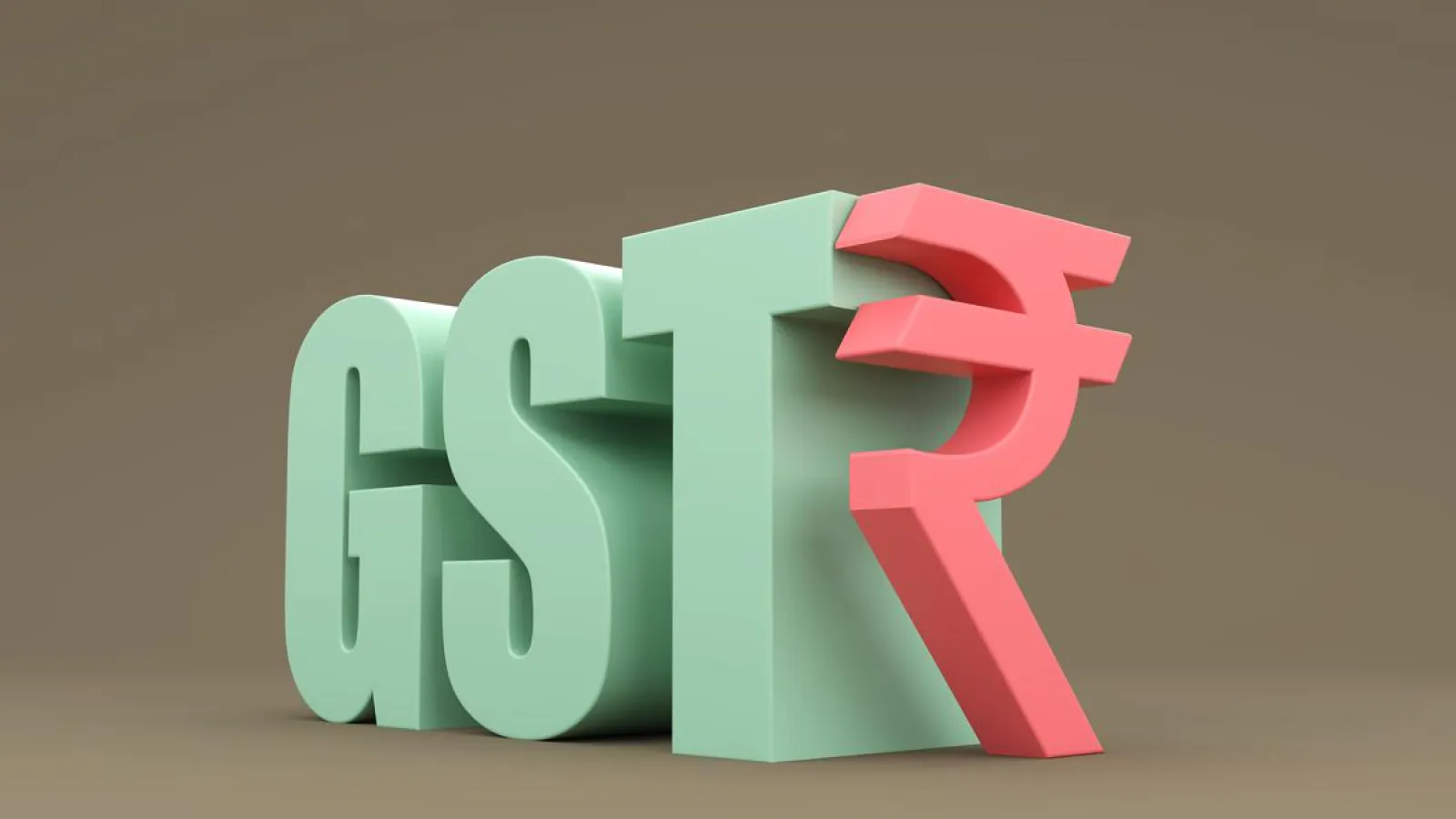
Congress on Saturday demanded the release of an official discussion paper at an early date to enable a detailed debate on GST 2.0. The opposition party in power has informed the government that the underlying philosophy of GST must be Goods and Simple Tax and not Growth Sprinkling Tax which it is at present. This assertion of the party in power comes after a statement made by Prime Minister Narendra Modi from the Red Fort on GST.
On the eve of August 15, PM Modi has made it official that GST rates will be cut by Diwali in the current year. This will further lower the prices of commonly used products. PM Modi claimed that the government is keen on overhauling the eight-year-old system marred by litigation and tax avoidance. Congress general secretary in-charge of communication Jairam Ramesh said that for at least one and a half years, his party has been demanding GST 2.0 with fundamental changes.
Referring to the mention of GST 2.0 in the Congress manifesto during the 2024 Lok Sabha elections, Congress leader Ramesh said on Friday that it seems, the Prime Minister has finally understood that unless this change happens and private consumption and private investment increase, economic growth will not accelerate.
He said in a statement, "In the last seven years, the spirit of GST has been corrupted due to the increasing number of rates and many exemptions. It seems that this structure has also encouraged tax evasion. There should be a huge reduction in the number of rates." The Congress leader said simplification of the rate structure is necessary, but it should be done in a manner that minimises revenue uncertainty for states and also eliminates classification disputes which have become all too common. He said, "The GST compensation cess expires on March 31, 2026. Major changes are necessary to remove any revenue uncertainty arising due to this change in the rate structure.
Want to get your story featured as above? click here!
Want to get your story featured as above? click here!
Ramesh said that the widespread concerns of MSMEs, which are a major job creator in the economy, must be meaningfully addressed. He said that apart from major procedural changes in GST, it is also necessary to increase the limit applicable on inter-state supplies. He said that challenges related to textiles, tourism, exports, handicrafts and agricultural inputs have emerged, which should be addressed.
In addition, the Congress leader said that states should also be encouraged to cover electricity, liquor, petroleum and real estate under GST.
Jairam Ramesh said that the Indian National Congress demands the release of a discussion paper on GST 2.0 soon so that a comprehensive debate can be held on this important issue. Ramesh said, "GST 2.0 should be a good and simple tax in letter, spirit and compliance, and not be used to create obstacles in the path of development. Soon after the Prime Minister's announcement from the ramparts of the Red Fort on the 79th Independence Day, the Union Finance Ministry said it has proposed levying of taxes under GST on the basis of standard and merit.
The current Goods and Services Tax (GST) has four different rates - 5 per cent, 12 per cent, 18 per cent and 28 per cent. Luxury and demerit goods are taxed at the highest rate of 28 per cent. Under the new proposals, there is a plan to levy GST on the basis of only two rates.
In his address to the nation, Modi had said, "This Diwali I am going to make it a double Diwali for you." The Prime Minister said that in the last eight years his government has made major reforms in GST. He said, "We have discussed with the states and we are bringing the next generation GST reforms, which will reduce the tax burden across the country." He had said, "There will be a huge reduction in taxes on essential goods for the common man. Our MSMEs will benefit immensely. Items of daily use will become cheaper, which will also strengthen our economy." GST comprised of several taxes and local levies. It was implemented on 1 July 2017.



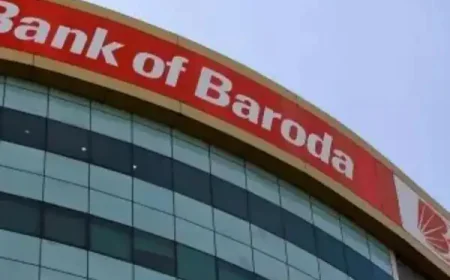
































.jpeg)






















